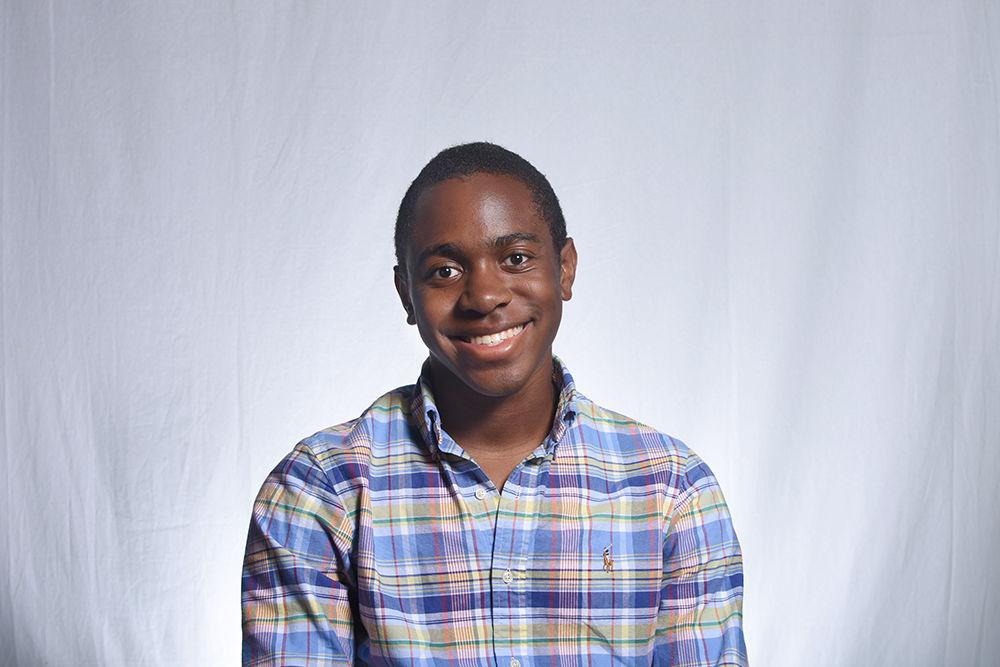During the month where we are supposed to rally behind the LGBTQ community, the Supreme Court did just the opposite in their 7-2 ruling on the Masterpiece Cakeshop v. Colorado Civil Rights Commission court case. The case was based on a dispute that occurred in 2012 when Charlie Craig and David Mullins asked a custom wedding cake baker to make them a cake for their wedding. The baker, Jack C. Philips, refused to create a cake for the couple, citing that it would infringe on his First Amendment rights of religious liberty and free speech.
As assessed by many legal scholars, the actual ruling for the case is quite narrow. While the SCOTUS did side with the baker and his attorney, it would seem to be a very tepid condoning of their arguments. The Court understood that allowing a free speech ruling would open a new can of worms for discriminating against gay people with Justice Kennedy saying “a long list of persons who provide goods and services for marriages and weddings might refuse to do so for gay persons….”
Instead of basing the argument on free speech or civil rights, the Court ruled in favor of Mr. Philips because of the apparent “clear and impermissible hostility” towards religion the Colorado Civil Rights Commission held in their handling of the case. The Supreme Court believed that the Commission had showed an anti-religious bias in deciding their ruling, leading to the Court’s decision to side with Philips. In other words, this means that the ruling of this case is exclusive to instances where a commission shows anti-religious bias, making the applicability of the case incredibly narrow.
The core of the problem lies in what the Supreme Court did not do with this case: bring definitive protection to the LGBTQ community. In his majority ruling, Justice Kennedy recognized the need to continue to protect the LGBTQ community from discrimination saying, “society has come to the recognition that gay persons and gay couples cannot be treated as social outcasts or as inferior in dignity or worth.”
However, the Court allowing Philips to uphold his religious liberty argument directly violates this statement. Craig and Mullins are being denied a service that would otherwise be easily accessible to them if it were not for one meager part of their characters: sexual orientation. It is difficult to not interpret this affront as anything other than treating gay couples as “social outcasts.”
In her dissenting opinion, Justice Ruth Bader Ginsburg points out even more flaws with the ruling. Philips may have had a better argument had he been asked to construct a cake with an inflammatory message such as “God loves sinners” or even a message as mildly endorsing of same-sex marriage as a rainbow flag, but as Ginsburg says, Craig and Mullins “mentioned no message or anything else distinguishing the cake they wanted to buy from any other wedding cake Phillips would have sold.” Because of this point about the cake’s inoffensive background, Ginsburg concludes that the refusal to bake the cake was “for no reason other their sexual orientation.”
Because the ruling was so narrow, it is very likely that more litigation will occur over what is ostensibly an easy-to-answer question of “should gay people be entitled to all the rights that straight people have?” The Court could have answered the question of where religious liberty ends and rights of protected classes begins. Fortunately, the Court’s decision was only a lukewarm ruling in favor of the baker instead of the huge blow to LGBTQ civil rights that some may have been expecting.
While we have made massive strides in providing equal protection under the law for the LGBTQ community, the ruling in this case has reminded us that much work still needs to be done. As NC Policy Watch perfectly describes, this case highlights “the kind of everyday intolerance that plagues the LGBTQ community.”
The dispute over a couple being refused a wedding cake might appear as insignificant in the grander scope of LGBTQ civil rights, but this should be given the same amount of attention as the topic of same-sex marriage. A couple was denied equality, and this was upheld by the U.S. government. No community members, activists or allies should allow this to be swept under the rug, especially not during the month we should be celebrating the progress that has been made.














